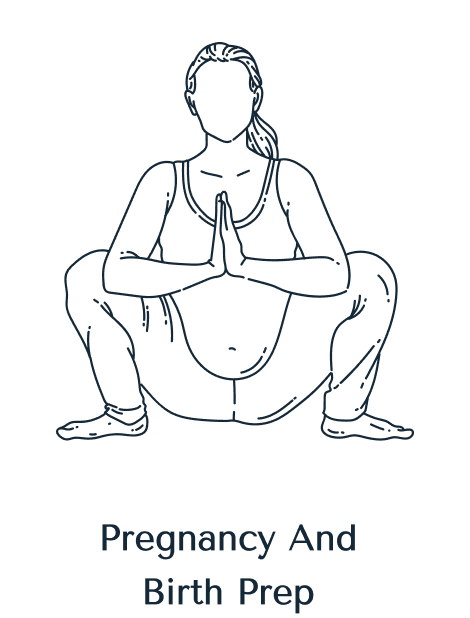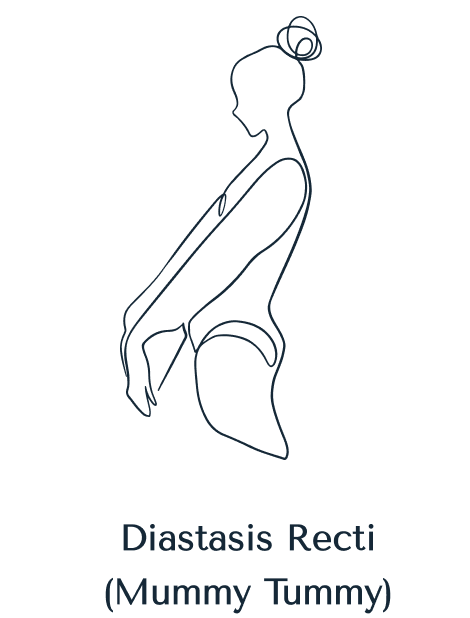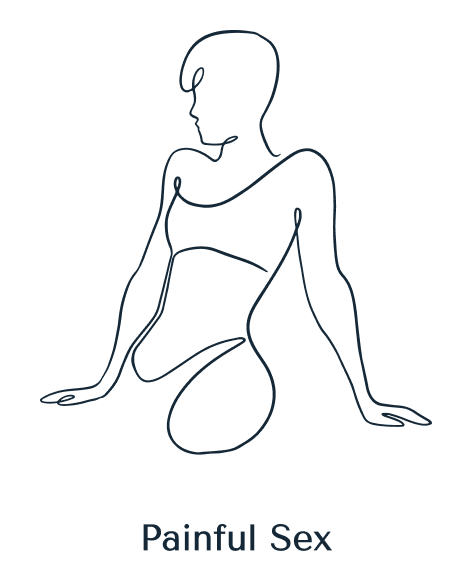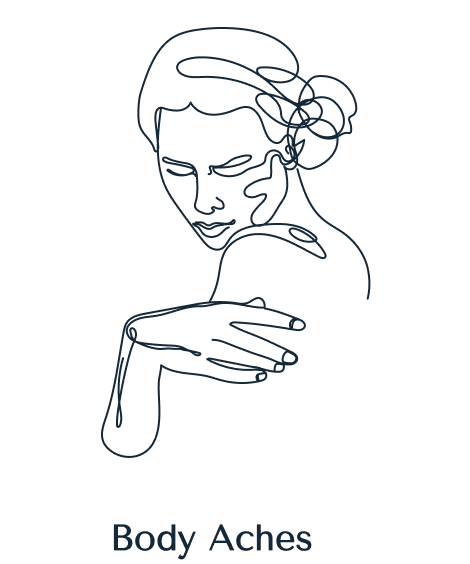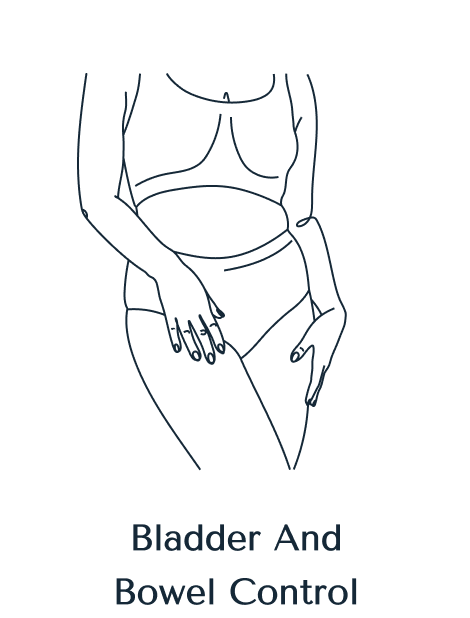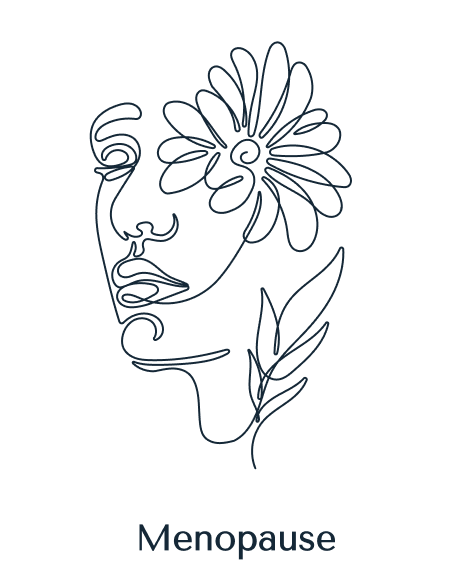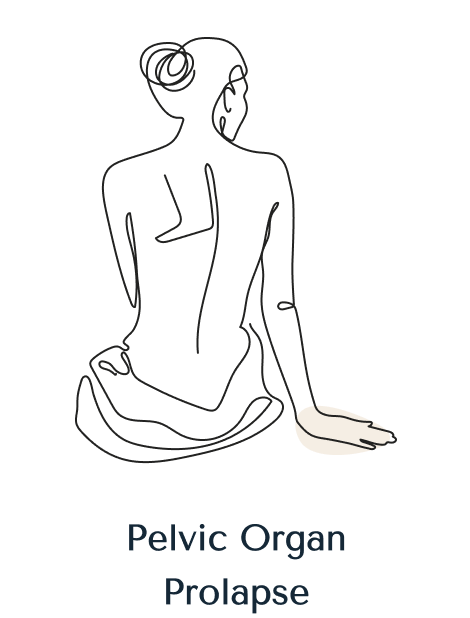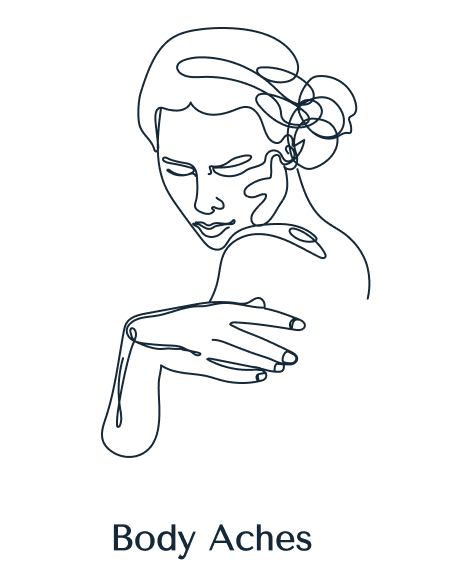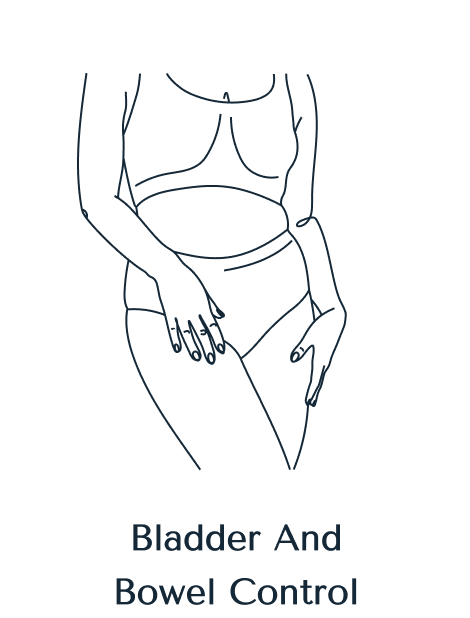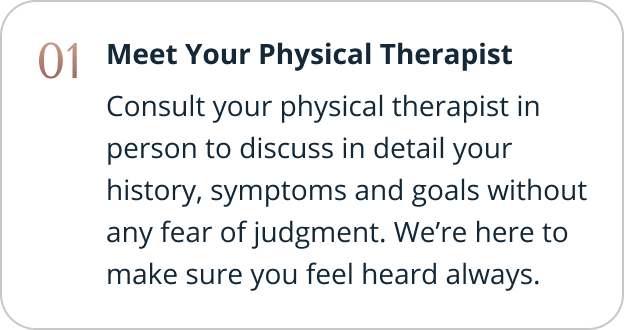
Pelvic Floor Physiotherapy
The care you’ve been looking for is finally here!
In-person physiotherapy sessions to help with pregnancy, postpartum, painful sex, bladder & bowel control, and to bring you the comfort you deserve.

Know Your Body Better
What is Pelvic Floor Physiotherapy?
The pelvic floor is made up of the muscles that support your urinary and reproductive tracts. They also control your bladder and bowels. Pelvic Floor Physiotherapy is a treatment for problems related to the pelvic floor. This specialised therapy includes exercises that can help relieve symptoms like pain, discomfort, and disruptions to your everyday life.
What can Pelvic Floor Physiotherapy help with?
Meet Your Physical Therapist
Our Approach
Hear from people like yourself
Frequently Asked Questions






